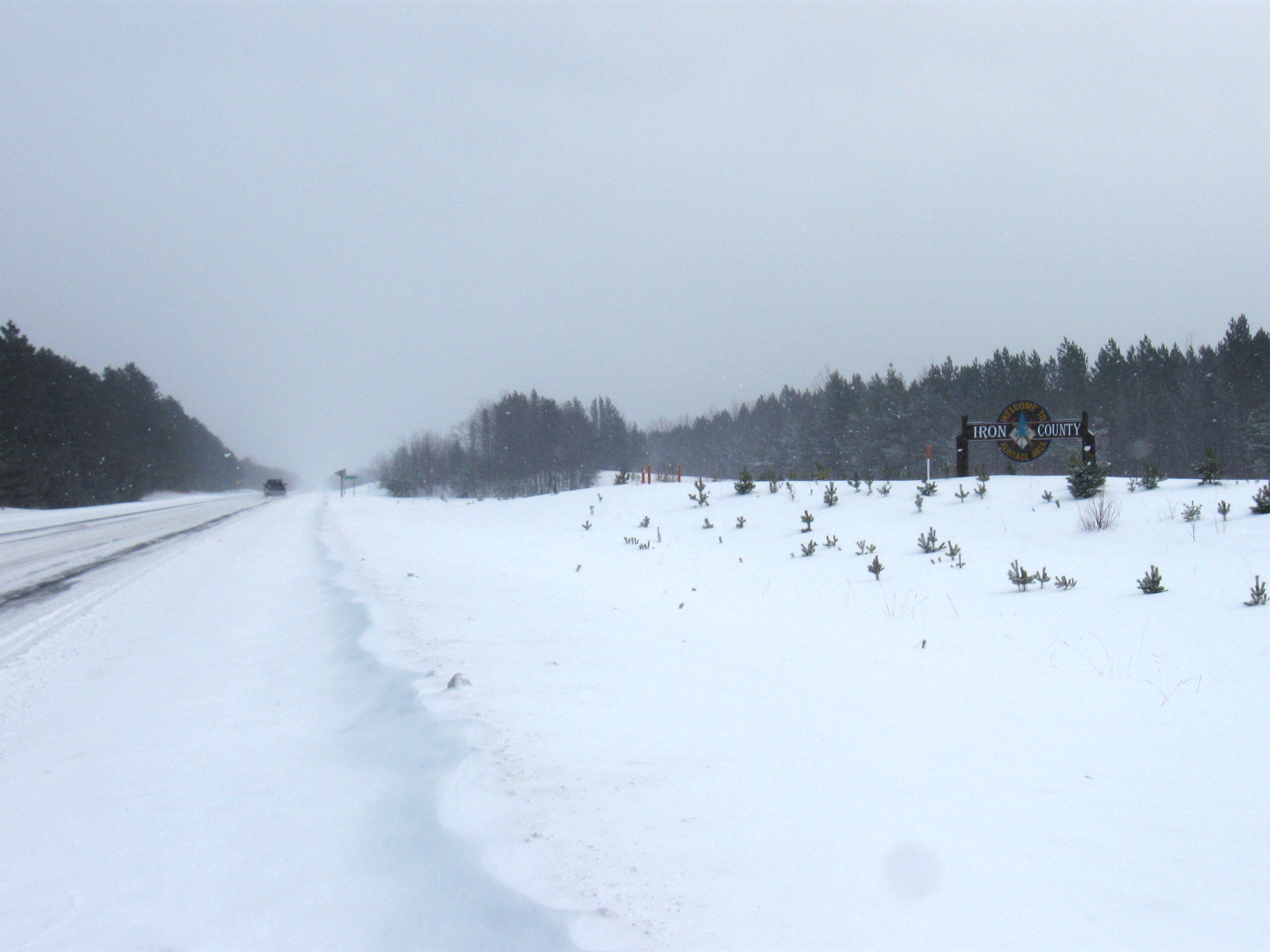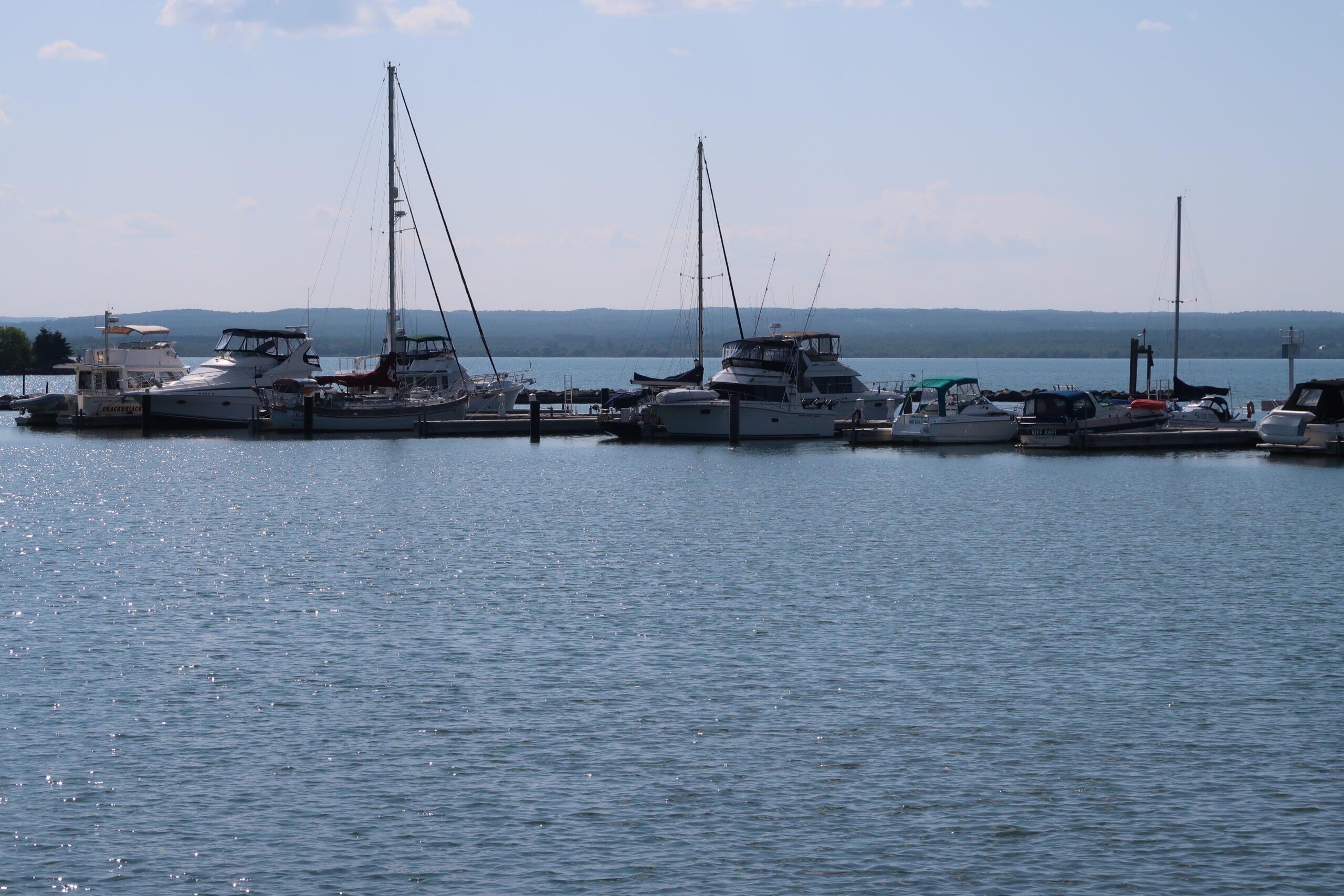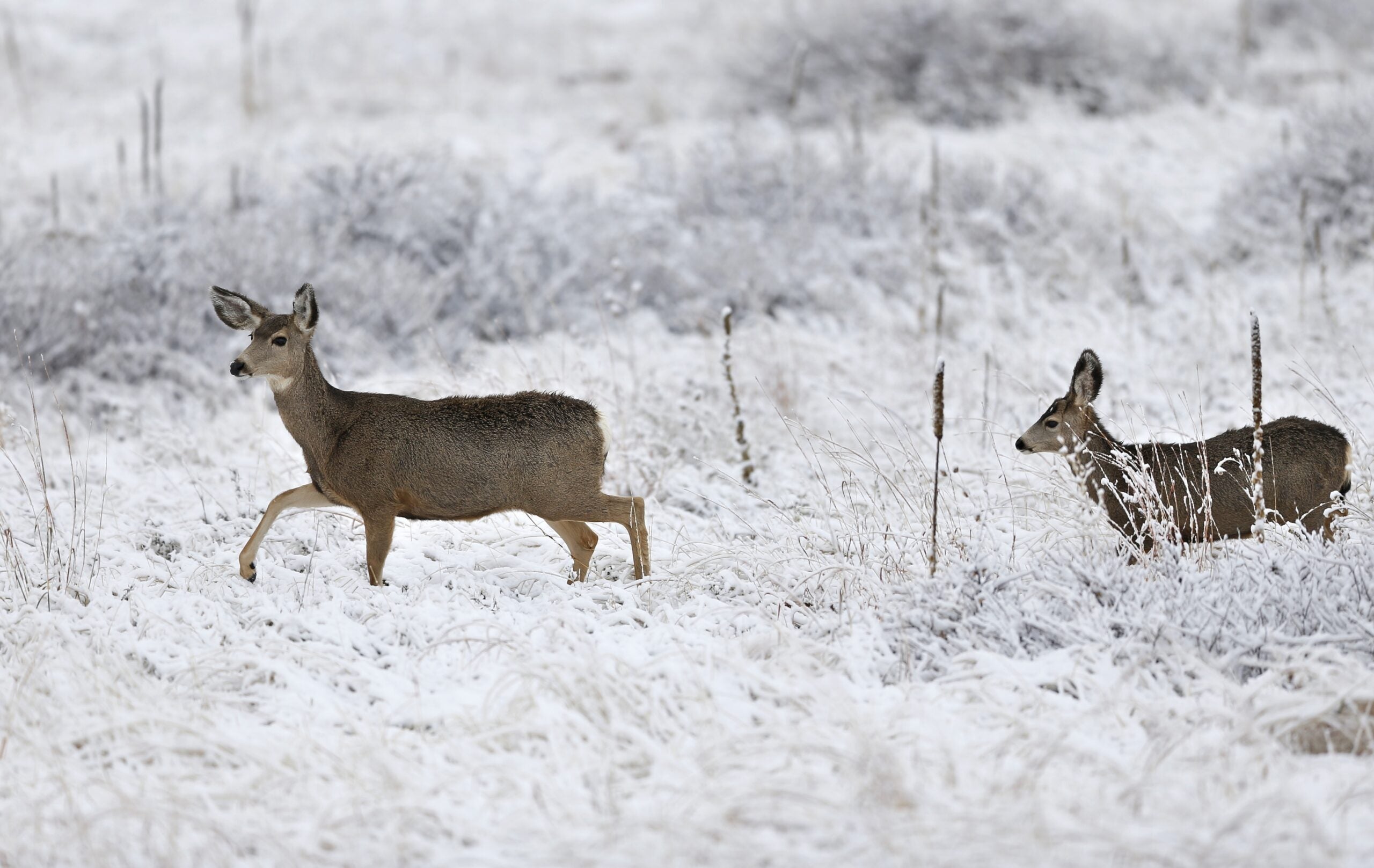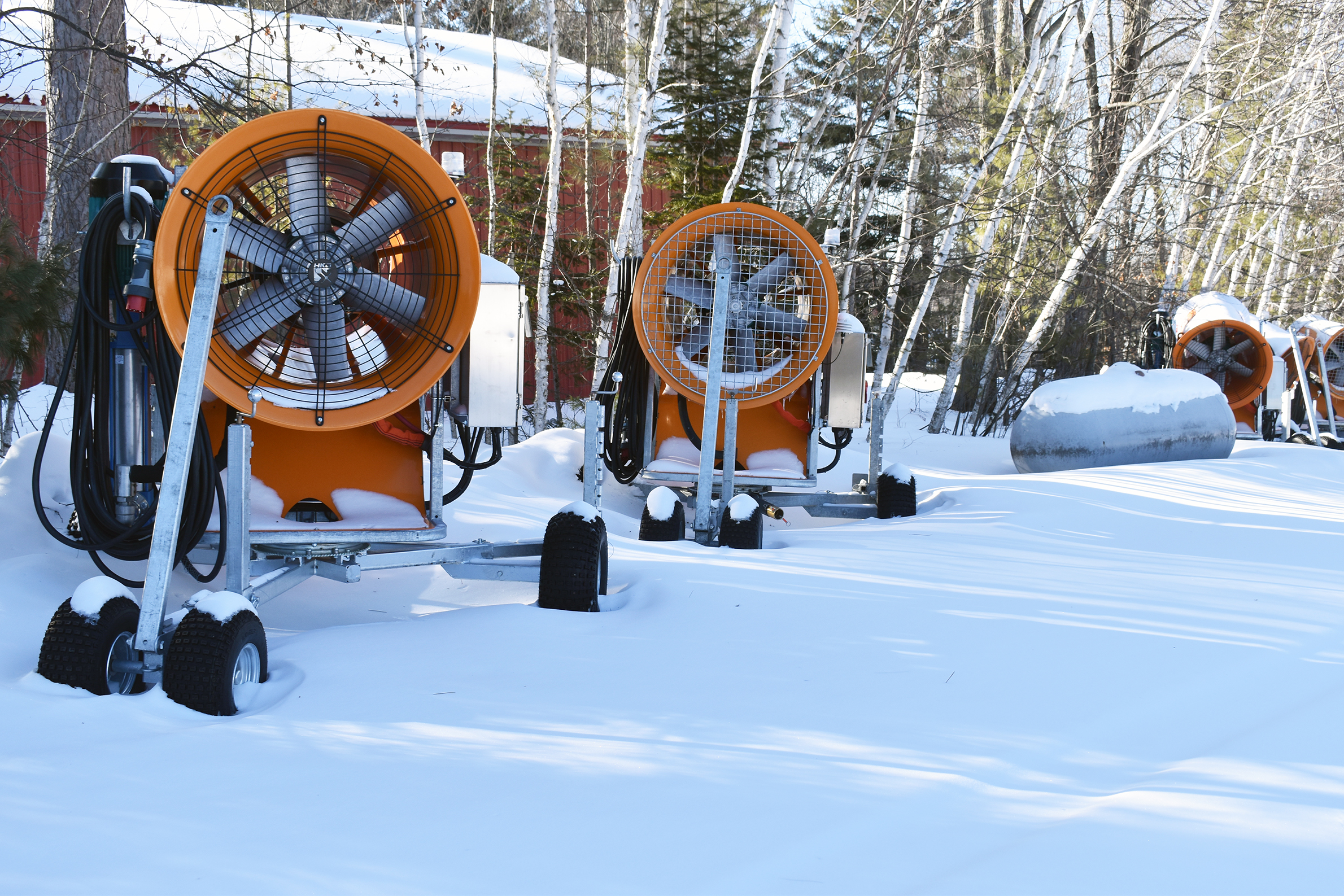People in northwestern Wisconsin have mixed feelings about the closure of the Gogebic Taconite mining company’s office in Hurley. Some say the company commonly known as GTAC would have brought much-needed jobs, while others fear the mine would have ruined the environment or their way of life.
Around 7,830 people lived in Iron County before the last iron ore shipment left Hurley 50 years ago. The county has lost a quarter of its population since then. Iron County Development Zone Director Kelly Klein said GTAC may have changed that.
“We rely heavily on the tourism and the wood products industry,” said Klein. “Those are both very good to us, but adding mining into the mix I think would’ve helped stabilize the population loss. So, I was disappointed.”
Stay informed on the latest news
Sign up for WPR’s email newsletter.
Klein said abundant snowfall keeps tourists coming back to the area, but acknowledged that it’s a trek. He said being tucked back in the northwoods both draws people in and drives them away.
Klein’s not the only one who’s disappointed over GTAC’s departure. Sharon Ofstad, the owner of Sharon’s Coffee Company in Hurley, said it’s a loss for families in the area.
“There’s people that actually want to raise their children here and that’s why they choose to stay here,” said Ofstad. “It’s not all fun and recreation here. It’s sad because there’s so many people that are struggling making minimum wage. It’s an opportunity that would’ve helped this whole area.”
Sharon Ofstad, the owner of Sharon’s Coffee Company in Hurley, said the mine would have helped families. Danielle Kaeding/WPR
Mike Wiggins, chairman for the Bad River Tribe, said he would continue to work to protect health of Lake Superior. Danielle Kaeding/WPR
People in Ashland and Iron counties may be split over GTAC’s plans to mine in the Penokee Hills, but they agree work is difficult to find. Some residents work several part-time jobs to make ends meet.
Still, Rob Garrington of Ashland said GTAC’s decision is a step in the right direction.
“I was glad to hear it,” he said. “I don’t want to see the mine and I think, for what we would gain from it, it’s not worth it for what it’s going to do to the environment.”
Britton Doolittle of Mason agreed there has to be another way.
“I hope the counties can come together to try to figure out a way to sustain people and employment,” said Doolittle. “I don’t feel like that was the answer. I just felt like it was a band-aid on an issue that needs to be addressed on how we can create jobs.”
Iron County’s Kelly Klein said they’ve had success supporting existing businesses and helping them expand. He said they’re also looking at increasing broadband coverage as a means to create jobs.
Bad River Tribal Chairman Mike Wiggins said rural broadband, forestry management, renewable energy and sustainable agriculture are a few options for job creation to explore.
“When we start talking about those types of things, we’re talking about job creation that has nothing to do with mining and has everything to do with creating a better home for our children,” said Wiggins.
Wiggins is cautiously optimistic GTAC won’t move forward with the mine. In the meantime, he said the tribe will continue efforts to protect the lake and tribe by examining what impact a future mine could have on the environment.
Hurley’s Eli Lipske said he understands people’s concerns, but he’s disappointed.
“I do feel pretty confident in the (Environmental Protection Agency) and the government and the State of Wisconsin would have kept it in check and not allowed any environmental damage beyond what would have been repairable,” said Lipske.
GTAC President Bill Williams said they’ll continue to look at the data they’ve collected to see if they can make a mine a reality. Meanwhile, people living near the Penokees are wondering how the the region will move on — with or without mining.
Wisconsin Public Radio, © Copyright 2024, Board of Regents of the University of Wisconsin System and Wisconsin Educational Communications Board.





